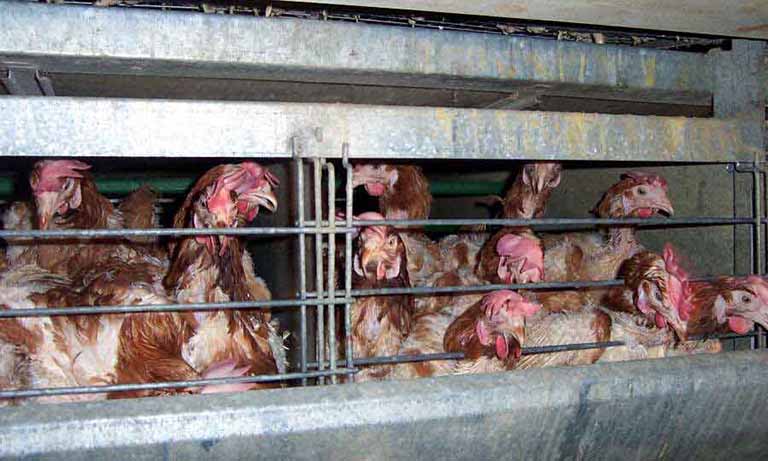Standing up for the veterinary profession
08 Aug 2024
03 Aug 2023 | Malcolm Morley | Political | Ethics and Welfare
As fears grow that eggs from hens living in conventional battery cage systems may soon be heading for the UK’s supermarket shelves, BVA President Malcolm Morley explains why vets should care about trade deals.

The veterinary profession has faced unprecedented challenges in recent years, with the rapid rise in pet ownership during the pandemic coupled with workforce shortages placing significant strain on our capabilities. It's therefore understandable that for many vets, thinking about trade deals may not be a priority unless they have a role in the export or import of animal products.
At BVA, we’ve written a joint letter with the British Veterinary Poultry Association to the Secretary of State for International Trade following the agreement of terms for the Comprehensive and Progressive Agreement for Trans-Pacific Partnership (CPTPP), calling for clarity on the deal. So why are we getting involved, and why should vets, whether they have a role in food production or not, care about trade deals?
The UK has long been renowned for its high standards of health and welfare for all animals, whether pets or farm animals bred for meat or other animal products. Yet the Government’s recently agreed terms for the UK’s accession to the CPTPP risks undoing years of hard-won progress towards higher welfare standards.
Quite simply, this trade deal is a severe setback for animal welfare: the terms will see import tariffs on eggs and egg products phased out over a 10-year-period, leaving the door wide open for eggs to be imported from countries with much lower animal welfare standards. This includes those which still use horrendous conventional battery cage systems, a practice that has been illegal in the UK since 2012 due to the suffering experienced by the birds during their short, painful lives.
The thought that the UK’s public could soon be sitting down to a breakfast of scrambled eggs from hens living in such terrible conditions is deeply troubling and poses a significant threat to the leading animal welfare standards the UK has gained recognition for.
This new deal also makes the need for the better labelling of products to include clear details of welfare standards even more pressing. Labels would give consumers the power to make active choices in their purchases, which is even more important if low welfare products are going to be on the shelves. Therefore, it was particularly disappointing to also hear the Government is putting this initiative on the back burner.
As vets and champions of animal health and welfare, this deal is a significant blow. If poor welfare products are allowed into the UK, despite the fact the practices used to farm them are outlawed here, does this set a precedent for the UK’s stringent standards to slip? Will lower welfare eggs become part of our shopping baskets, by stealth?
The Government has stated that animal welfare standards will not be lowered through this deal but they must be held accountable for this. While trade deals are clearly vital to the UK economy, they must not come at the expense of the quality of food we serve on our plates or the treatment of the animals it comes from.
Get tailored news in your inbox and online, plus access to our journals, resources and support services, join the BVA.
Join Us Today